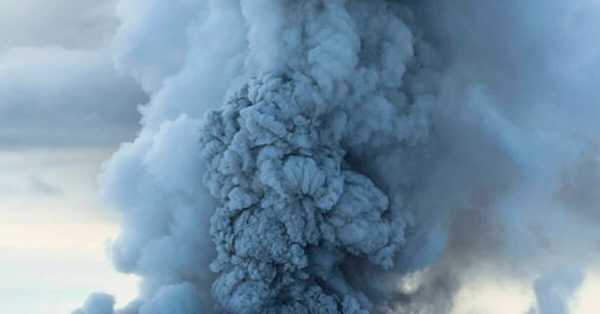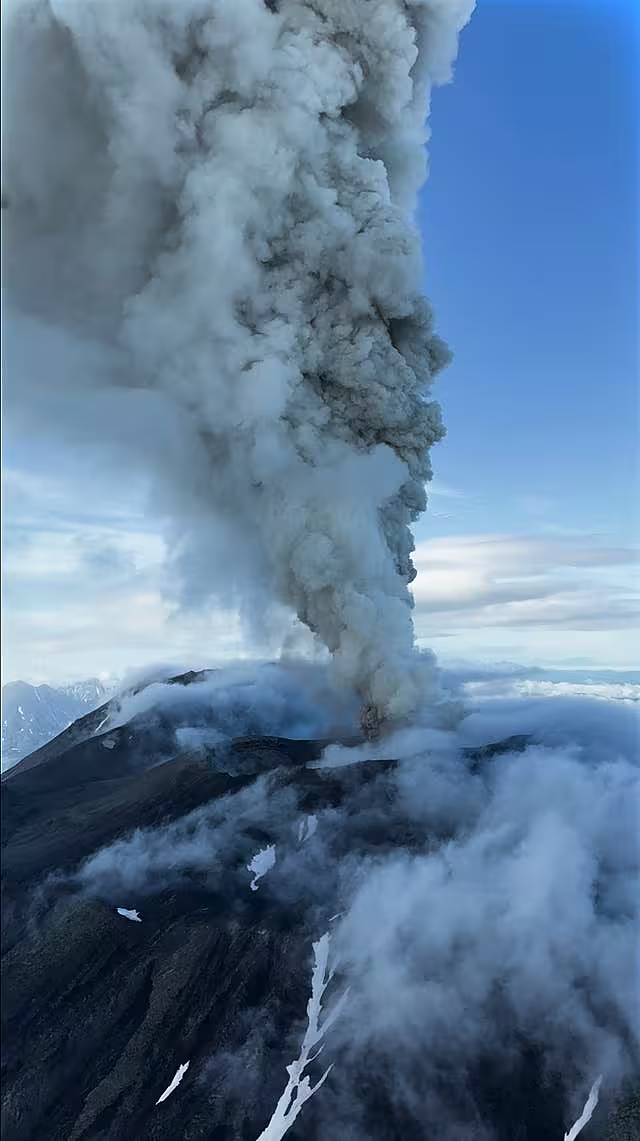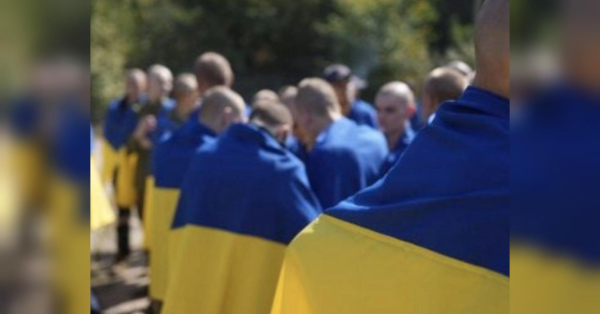
A volcano on the Kamchatka Peninsula in Russia's Far East has erupted for the first time in hundreds of years, scientists say, just days after a powerful 8.8-magnitude earthquake.
According to information from the Kronotsky Nature Reserve, where the volcano is located, the Krasheninnikov volcano ejected ash more than three miles into the atmosphere.
Photos posted on state media showed thick clouds of ash rising from the volcano.

“The ash plume is moving east from the volcano towards the Pacific Ocean. There are no populated areas along its path, and no ash fallout has been recorded in populated areas,” the Kamchatka Emergencies Ministry reported on Telegram during the eruption.
The eruption was accompanied by a magnitude 7.0 earthquake and prompted a tsunami warning in three areas of Kamchatka. The Russian Emergencies Ministry later cancelled the tsunami warning.
“This is the first historically documented eruption of the Krasheninnikov volcano in 600 years,” Olga Girina, head of the Kamchatka headquarters for responding to volcanic eruptions, told RIA Novosti.
However, according to the Smithsonian Institution's Global Volcanism Program, the last eruption of Krasheninnikov volcano occurred 475 years ago, in 1550.
The Kamchatka Volcano Response Team said late Sunday that activity at the volcano was decreasing, but “moderate explosive activity” could continue.
The eruption came after a powerful magnitude 8.8 earthquake struck Russia's Far East on Wednesday morning, triggering small tsunami waves in Japan and Alaska and leading to warnings for Hawaii, North and Central America and Pacific islands south of New Zealand.
Sourse: breakingnews.ie






